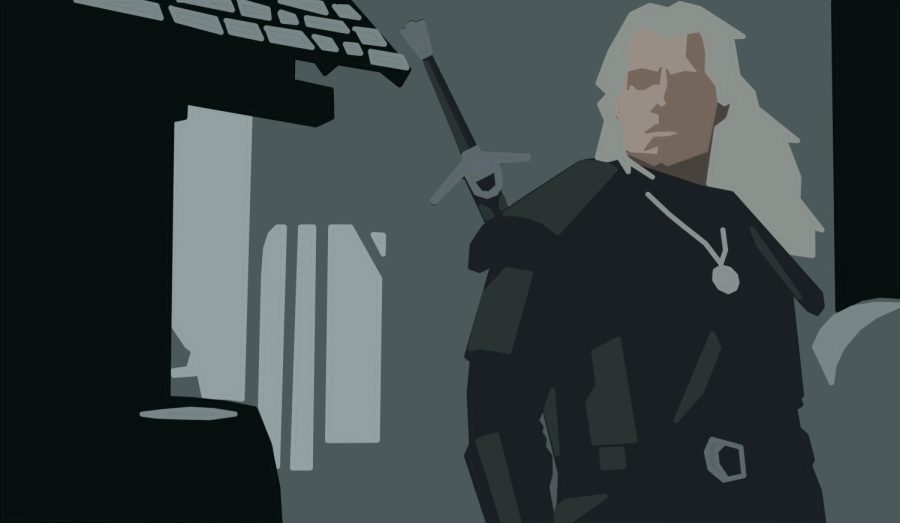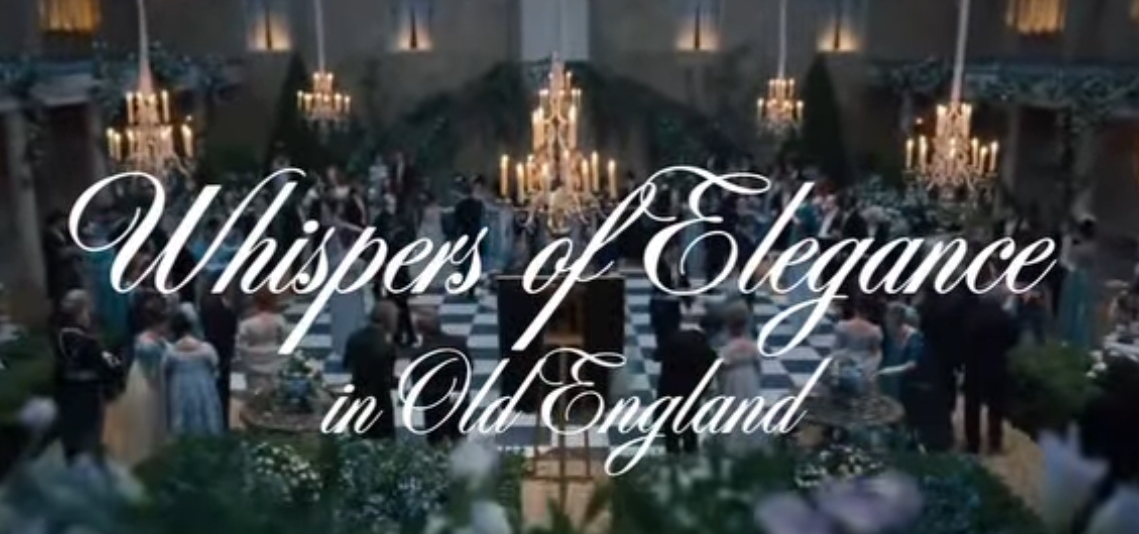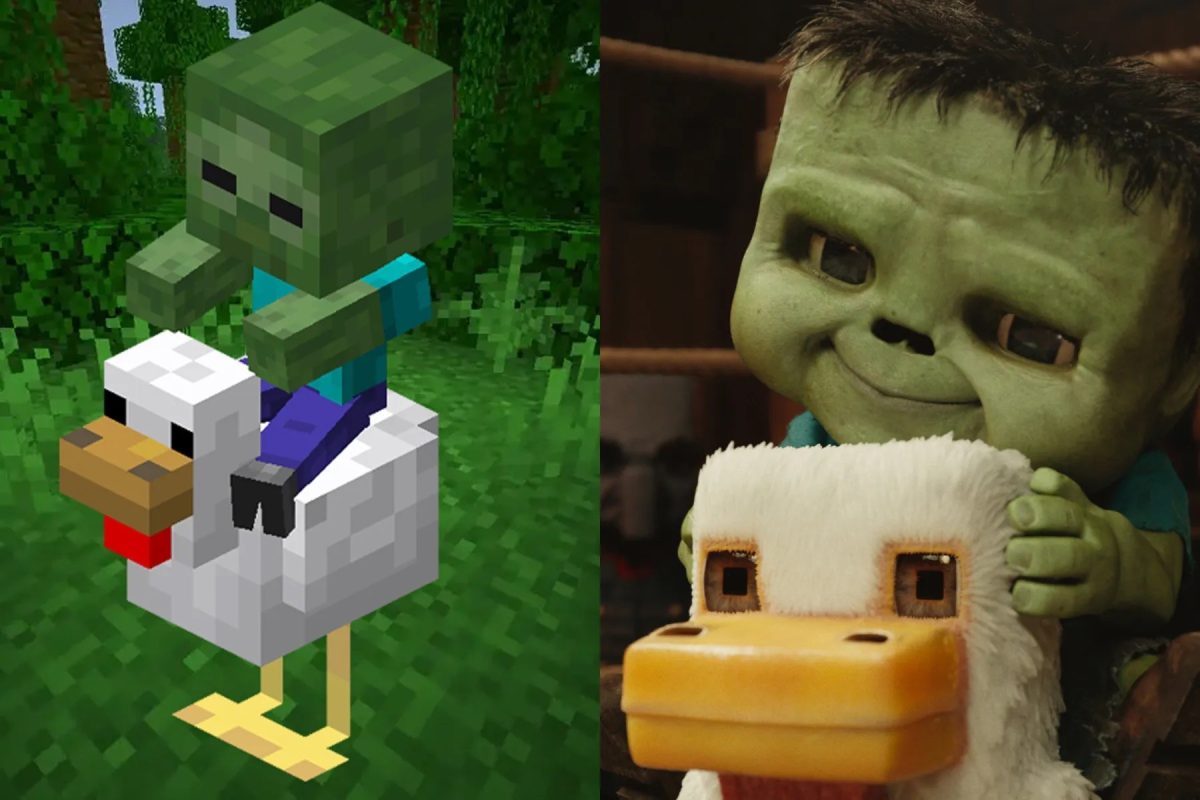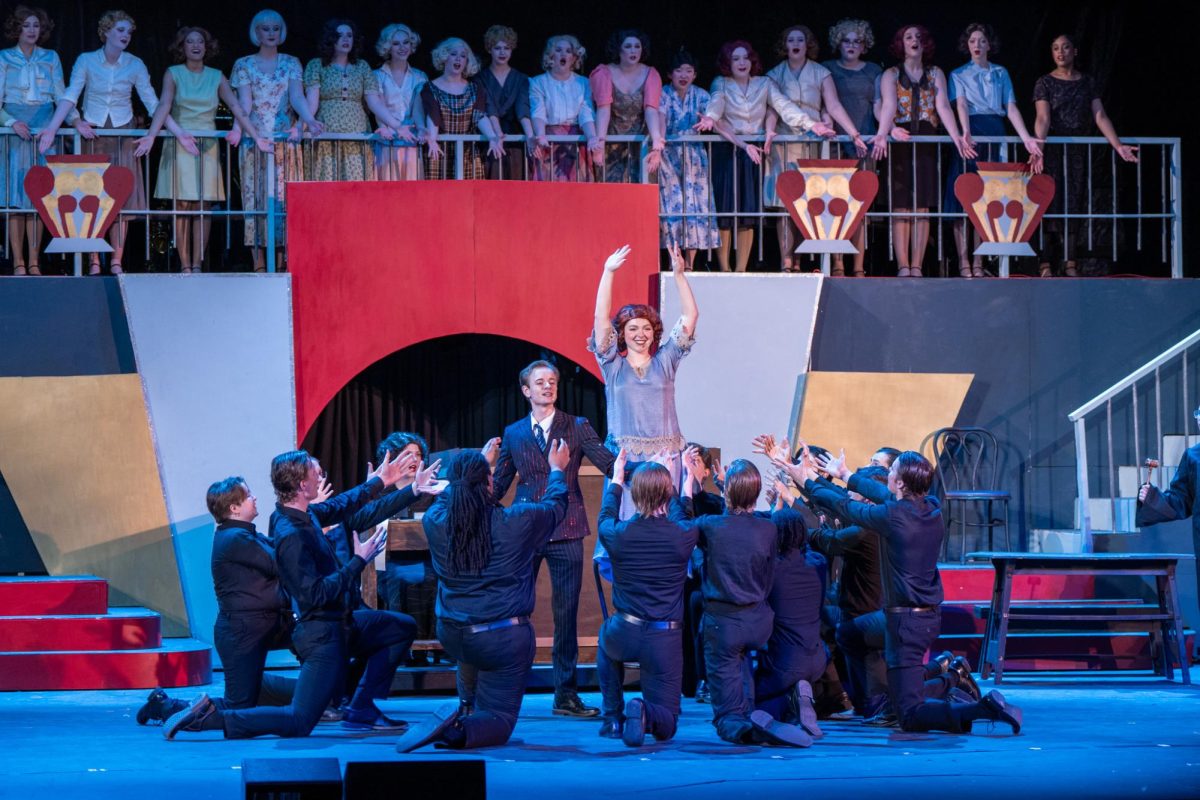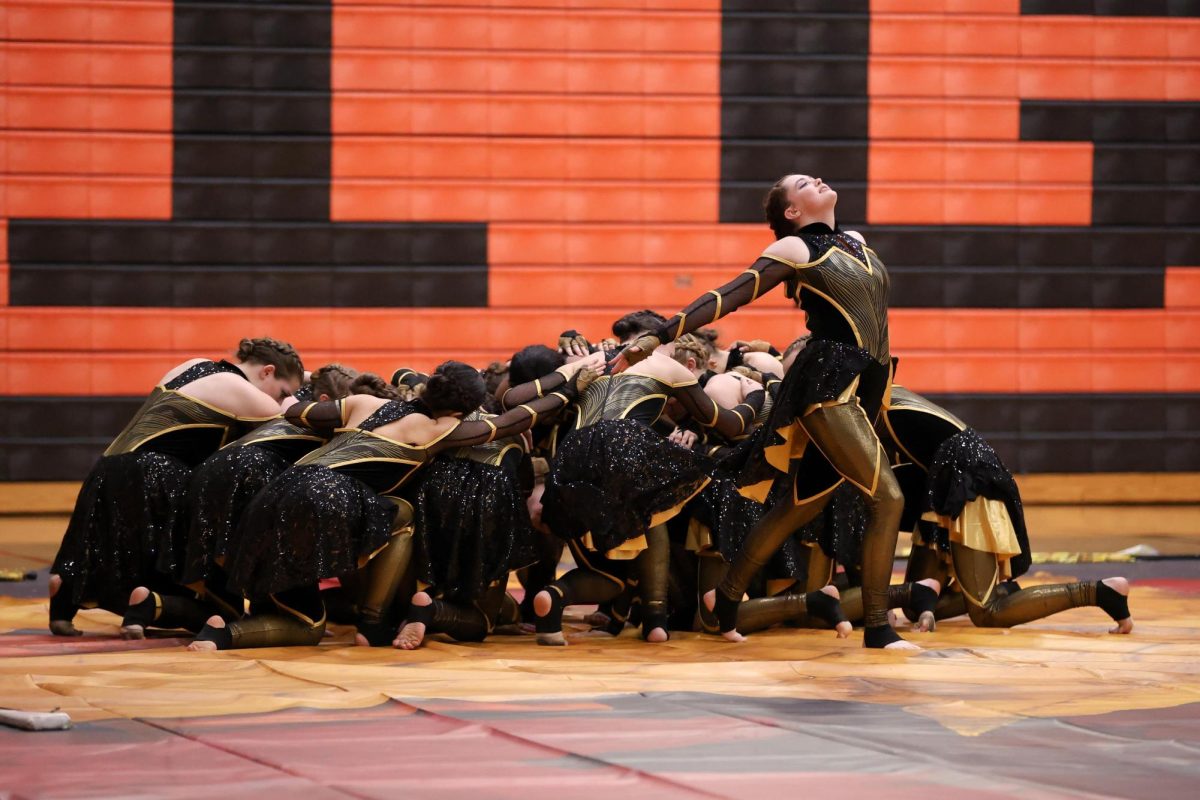The Witcher: Good For What Ails You?
January 7, 2022
Silken-robed mages stoop over a teeming cauldron, dashing choice bits of mugwort and hemlock into the froth, creating a mystical cure-all.
Just the same, author Andrzej Sapkowski and director Stephen Surjik meld together the best aspects of Tolkein’s “Lord of the Rings,” Martin’s “Game Of Thrones” and even the tales of the Brothers Grimm. All to create their perfect cure-all for the ailments of modern life: “The Witcher.”
“The Witcher” mythos has featured two anthologies, seven novels, three video games and more. But as of Dec. 17, another iteration bolstered the collection, season two of Netflix’s serial adaptation.
The first season, released shortly before the pandemic in Dec. 2019, was met by wide praise for its beautiful sets and costumes, jaunty humor and widespread appeal. According to Netflix, it was streamed for 142 million hours in its first three days alone.
“When the worst thing you can say about a series is that every episode ends up being better than the one that preceded it, that leaves an exciting amount of room to grow.” critic William Hughes of Rotten Tomatoes said.
Headed by Henry Cavill as Geralt of Rivia, a wandering monster-hunter with questionable social skills and worse body odor, the limited plot is closer to a series of single-episode stories immersed in the rich world of “The Witcher.”
Many of the tales are partially inspired by fairytales, offering unique twists on “Beauty and the Beast,” “Snow White” and many others.
Still, packed with brutal and perfectly choreographed fight scenes, the eight-part series lacks little depth, despite the tales’ individuality. The episodes are laced with an underlying plot and set to quippy yet heartfelt dialogue between Cavill and his two companions: a fierce mage, Yennefer of Vengeberg (Anya Chalotra), and ditsy bard, Jaskier (Joey Batey).
With these varied attributes, from classical inspirations to quirky dialogue, “The Witcher” boasted a unique and new perspective on what the fantasy genre could be, forging a place for itself beside greats like “Game of Thrones.”
Beyond style, timeliness was a further boon. The lighthearted tones, endearing characters and quirky monsters were all a welcome reprieve from real life in the isolated months in early 2020, just after its release.
As of Dec. 17, 2021, the second season was released after nearly two years, to bated breath amongst many online communities. Again the release was luckily timed, hitting the streaming service alongside COVID surges caused by the holidays and Omicron variant.
Yet, something had changed. Where the first season was lighthearted and fun, the second is brooding and serious, shifting from a collection of raunchy stories to a dramatic saga.
The heavier undertones help the side characters develop a sense of depth not achieved in the first season. The prime example of this is the mage Fringilla (Mimi Ndiweni).
A sniveling, conniving adviser in the first season, the growth instilled in the second season gives her room to flourish into a powerful matriarch and revenger.
The tonal shift is also authentic to the books, of which the first two anthologies feel lighter than the serious and bloodsoaked novels that come after.
And yet, it has to be said that something quintessential was lost between the seasons. Without the feel-good, adventurous air, little remains to separate “The Witcher” from titles like “Game of Thrones”, which blow it out of the water in budget alone. Not to mention that, in these times of COVID, the escapism of the earlier season is sorely missed.
That said, season 2 of “The Witcher” is still a great campy series to binge while stuck at home. Cavill, with his smoldering looks and stoic portrayal, makes a fantastic and unique Geralt. That, alongside the deadly characters, clever dialogue and gritty setting, makes it a unique entry into both fantasy’s, and Netflix’s, repertoire.
What initially drew people to the series was its rich world-building and fun atmosphere. If Surjik intends to mold the series into a bonafide drama in seasons to come, a certain delicacy will be needed to retain the loyal fanbase. Yet in this reworking, if he manages to merge the two styles, the resultant show might become one of the most refreshing entries into modern fantasy and a definite mainstay in the category.
If the first season was Surjik’s cure-all potion, then the second is his mysterious draft, which might put the show in an early grave or make it sprout wings and breath fire, growing into a true beast of the genre.


